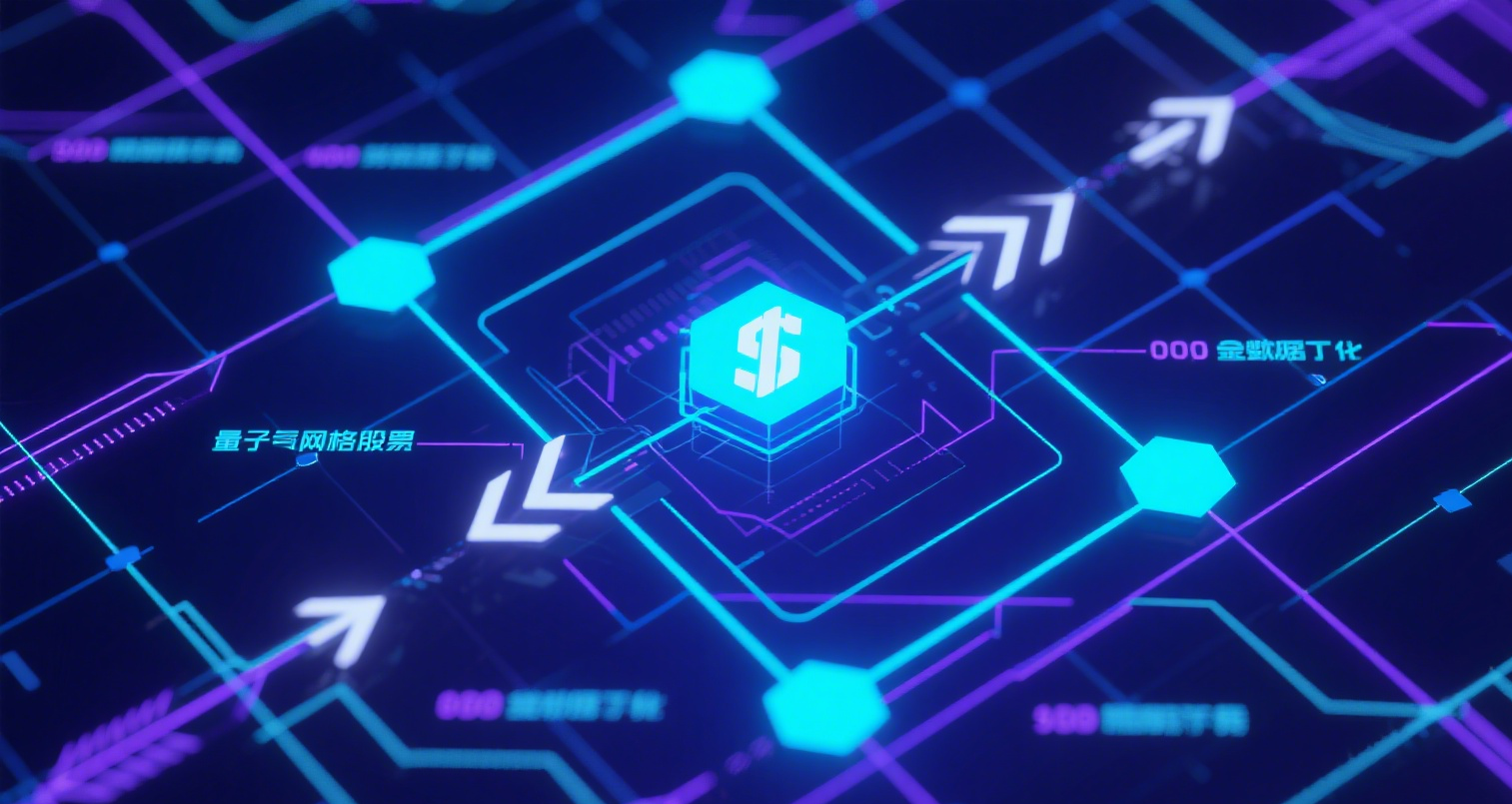
How Can Domestic AI Programming Break Through in the Open-Source Ecosystem?
In the global AI programming competition, domestic technology companies have formed unique advantages of "performance catch-up, ecological synergy, and full-stack layout," building differentiated competitiveness from models to applications, from infrastructure to the open-source ecosystem.
In terms of core performance, Qwen3-Coder rivals Claude 4, and DeepSeek-V3.1 tops the list in open-source programming, breaking the previous dominance of overseas models in the programming field. More importantly, domestic companies have adopted an "open-source strategy": Qwen3-Coder uses the Apache 2.0 license, allowing free commercial use, and developers can build upon it for secondary development; DeepSeek-V3.1 open-sourced both Base and Inference versions on Hugging Face, lowering the barrier to entry. This strategy attracts global developers to participate in ecosystem building.
The significance of tech giants focusing on the AI coding track lies in the fact that if machines can accomplish over 80% of human capabilities in the future, then Coding AI is the foundation of AGI. Tech giants are betting on AI programming not just to "write code faster" but to gain a high ground in the next round of global computing power and AI competition. Coding AI will become the starting point of a new AI narrative.
AI programming has also become one of the fastest-growing tracks in artificial intelligence today. The logic is that continuous improvements in underlying models directly enhance product experience, and leading applications have begun leveraging valuable interaction data to feed back into model optimization, forming a positive cycle of "model-product-user-data." Meanwhile, the word-of-mouth effect in developer communities, combined with the Product-Led Growth (PLG) model, enables efficient viral propagation.
According to a research report by Minsheng Securities, the market share of domestic large models, represented by Tongyi Qianwen, continues to rise. On OpenRouter, Tongyi Qianwen's market share in the AI programming field increased from 5% (late July) to 22% (mid-August). AI programming has now become one of the core applications where AI is first implemented. Several tech giants at home and abroad have launched AI programming-related products, and AI may first disrupt its "creator"—AI programming. The continuous progress of domestic open-source large models is expected to become an important foundation for the accelerated development of domestic IDEs.
Analysts at Soochow Securities believe that when AI reduces the cost and barrier of software development to extremely low levels, a large number of personalized software demands previously suppressed due to high costs will be unleashed, giving rise to a vast derivative economy far exceeding the existing market. "We estimate the potential scale of the incremental market to be as high as $15 billion (by 2030)."
















